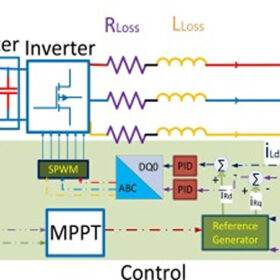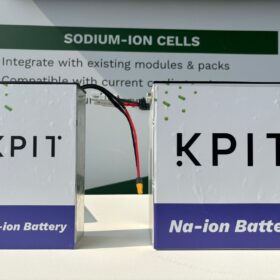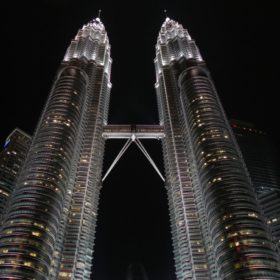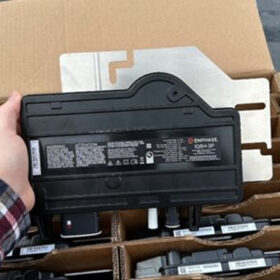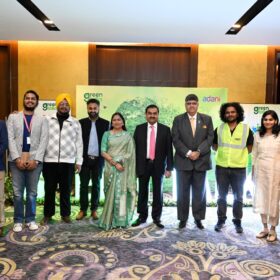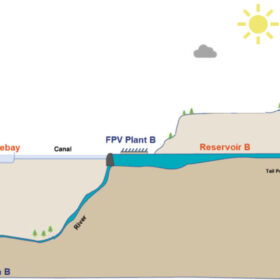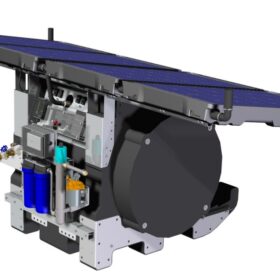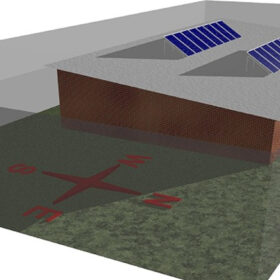Master-slave technique for deploying parallel inverters in PV systems
Scientists in Czechia have proposed to use parallel inverters in PV systems to not only reduce instability, but also to increase power yield. The proposed approach reportedly results in higher maximum power point tracking (MPPT) performance.
KPIT unveils sodium-ion battery with energy density of up to 170 Wh/kg
KPIT, an India-based automotive software and engineering solutions supplier, has unveiled its proprietary sodium-ion battery technology, and is now on the lookout for manufacturing partners. Ravi Pandit, chairman of KPIT, tells pv magazine, that that the company has developed multiple variants with energy density ranging from 100 Wh/kg to 170 Wh/kg, and potentially reaching 220 Wh/kg.
Gentari, IHI sign MoU to develop green ammonia value chain
Petronas arm Gentari and Japan’s IHI have signed a Memorandum of Understanding (MoU) to jointly develop a global green ammonia value chain and commercial demonstration of ammonia-powered gas turbine.
Enphase unveils new three-phase inverters
Enphase has released 208 V three-phase inverters for the small commercial market. The advancing hardware comes with a specialized support team and tailored design tools.
Adani ‘Green Talks’ supports 5 social impact startups
Adani Group’s ‘Green Talks’ provides an open source platform to social entrepreneurs to develop their ideas and make them reality.
Batteries in hybrid hydro-PV systems could increase profitability by 2%
Researchers from Norway have discovered that adding batteries to projects that combine hydropower and floating PV could increase annual profits by as much as 2%, due to revenues from ancillary services and capacity markets.
Essar to develop 1 GW green hydrogen project in Gujarat
Essar Group will develop a 1 GW green hydrogen project in Gujarat with an estimated investment of INR 30,000 crore ($3.6 billion).
Portable off-grid solar devices provide electricity, water filtration, hot water
Power Panel has developed a portable PV device to support humanitarian needs and off-grid living.
ADB to lend $200 million for climate-resilient power system in Uttarakhand
The project will modernise Dehradun city’s power network infrastructure by introducing an advanced and climate-resilient underground cable system comprising 537 km subterranean cables, 354 ring main units, and 99 compact substations.
Bifacial PV on rooftops can provide energy yield gains of up to 22.6%
Scientists in Australia have combined Monte Carlo Ray Trace (MCRT) techniques and electrical modeling to assess the potential energy gains of bifacial rooftop PV systems compared to monofacial arrays. They found that rooftop reflectivity is a key factor in increasing a bifacial PV system performance, and that system and module design should also be carefully considered.
